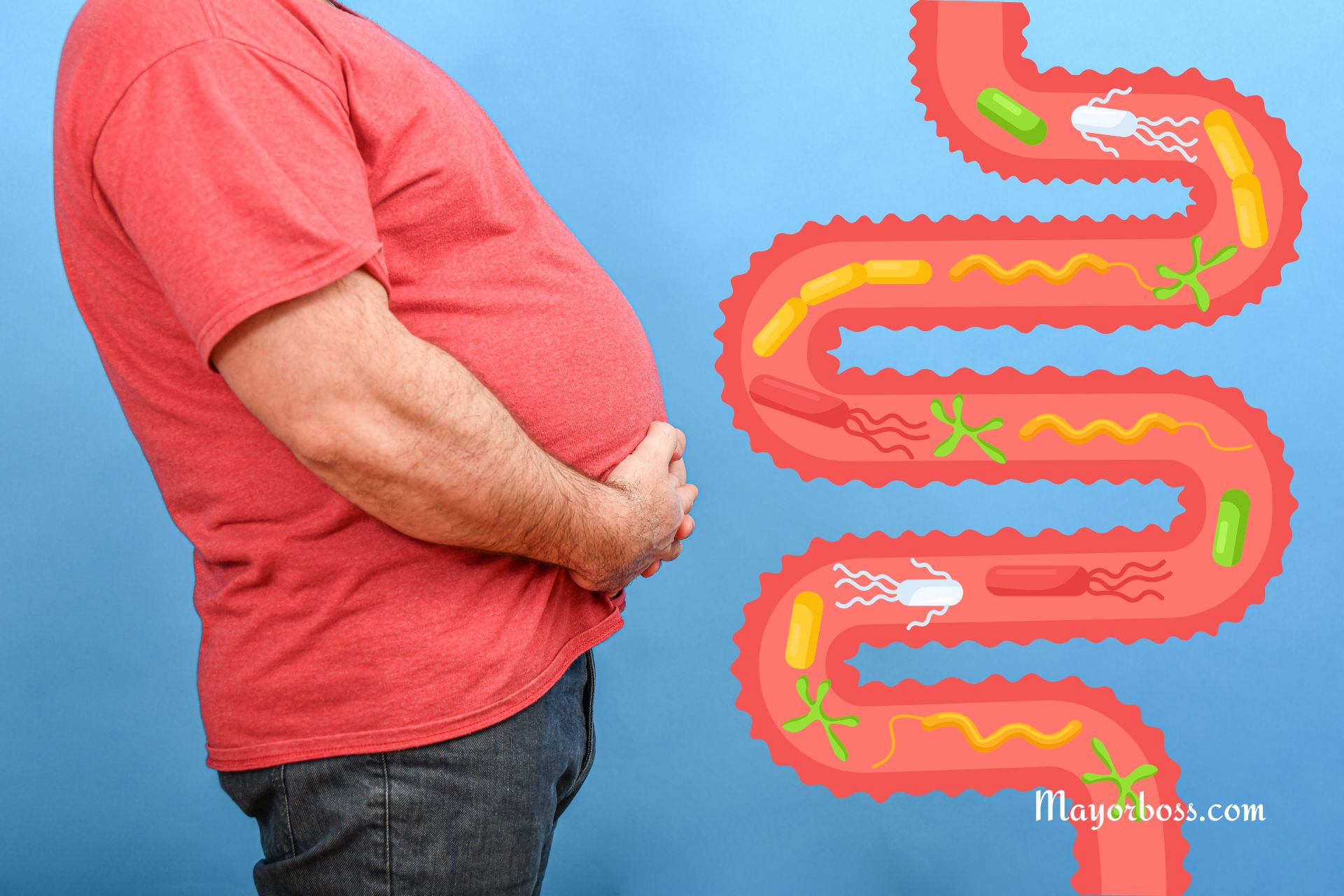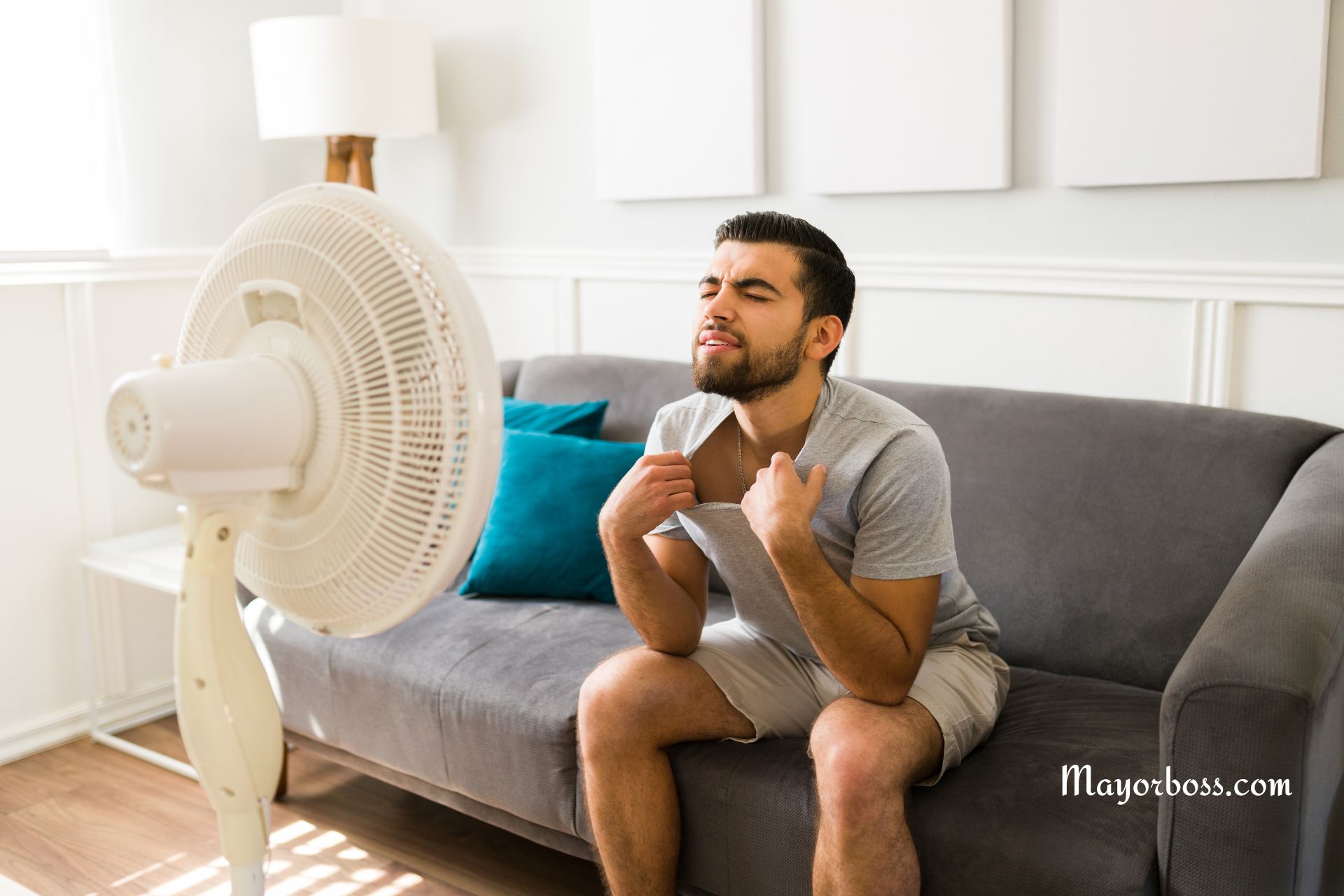6 Signs You Have Slow Gut Motility
Simply put, gut motility is the movement of food through your digestive tract. The muscles of your intestines contract in a neat, wave-like fashion, carrying food along until it’s broken down and absorbed. If these waves become sluggish, you may start experiencing problems that can interfere with your daily life. Here are six common signals your body might be sending to indicate that your gut motility is on the slow side.

1. Persistent Constipation
One of the first signs of slow gut motility is having trouble passing stool. Occasional constipation is common, but if you find yourself straining and going fewer than three times a week, you could be dealing with a more persistent issue. The intestine’s rhythmic contractions might be moving at a crawl. Over time, stool that lingers too long in the colon loses water, becoming dry and harder to pass. If this situation turns into a chronic complaint, it may point to reduced gut motility. You should discuss it with your doctor or a motility specialist.
2. Abdominal Bloating
You might also notice your belly feeling fuller and tighter than usual. Bloating can be linked to trapped gas, which may accumulate when your intestines don’t move contents along at a steady clip. This extra gas can make your pants feel snug and leave you feeling self-conscious. A little bloating now and then can result from certain foods—like beans or cabbage—or even from swallowing air when you eat too fast. But if you constantly feel like you’re carrying a balloon in your abdomen, slow motility might be the culprit.
3. Frequent Discomfort or Pain
If one part of your digestive system isn’t working right, you can expect some unusual noises and sensations. People with slow gut motility often complain of gas pains that come and go. You might describe it as a crampy feeling or a general sense of heaviness. The longer waste remains in your intestines, the more irritated the lining can become. This can set off waves of pain or tenderness in your abdomen. If you find yourself rubbing your belly for relief on a frequent basis, it’s time to pay close attention to your digestive health.
4. Nausea or Occasional Vomiting
When your gut isn’t moving properly, food can linger in your stomach or upper intestine. Over time, this can create a brewing pot of acid and partially digested materials, which may lead to the uncomfortable feeling of nausea. In more severe cases, you might actually vomit. If you regularly feel queasy shortly after eating, or if you’re forced to skip meals because of nausea, it’s wise to investigate your digestion. A sluggish gut may be halting the normal flow of food and causing these uneasy spells.
5. Reduced Appetite
If you’ve noticed a decline in your desire to eat, slow gut motility might be to blame. Feeling full after just a few bites of your meal can be linked to food hanging around in your digestive tract. You might also experience a sour taste in your mouth or a lack of interest in foods that once excited you. Since a balanced diet is key to good health, any ongoing trouble with your appetite should be addressed. If your gut is holding onto food longer than it should, you likely won’t crave your usual favorites.
6. Fatigue and Low Energy
Many people are surprised to learn that slow gut motility can affect energy levels. But remember: Your body runs on the nutrients you get from food. If your food isn’t being broken down and absorbed as efficiently as it should be, you might feel more tired than usual. You might notice reduced stamina during tasks that once felt easy. Over time, this gentle lull in your overall vitality can become quite noticeable. Paying attention to your digestion can go a long way toward replenishing your get-up-and-go.
What You Can Do
If you suspect your gut motility is sluggish, here are a few steps you can take:
- Increase Fiber: Evidence suggests that fresh fruits, vegetables, and whole grains can support proper movement in your digestive tract.
- Stay Hydrated: Drinking enough water can help soften stool and reduce strain during bowel movements.
- Regular Exercise: A brisk walk or any daily physical activity encourages healthy intestinal contractions.
- Mindful Eating: Chew thoroughly and avoid gulping air.
It’s also a good idea to discuss persistent or severe digestive troubles with your doctor or a motility specialist. They might recommend tests to rule out underlying conditions.






